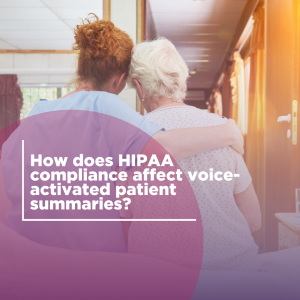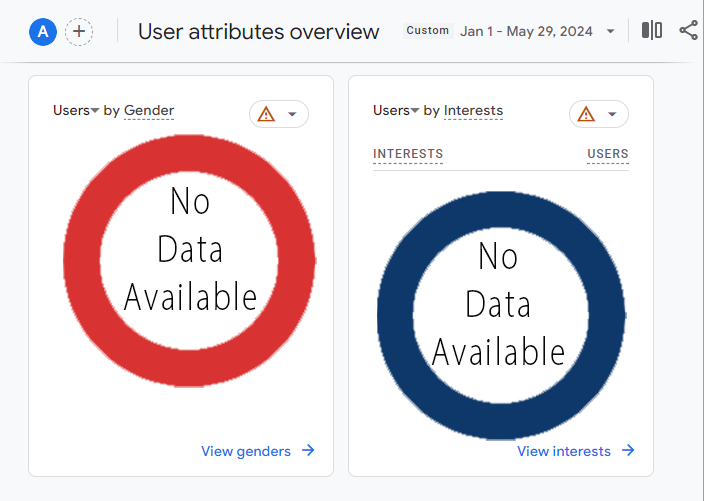HIPAA Compliance Voice Activation
by Curantis Solutions
HIPAA Compliance for Voice Activated Technology
HIPAA (Health Insurance Portability and Accountability Act) compliance is critical in the healthcare field, particularly regarding any technology that handles patient information, including HIPAA-compliant voice technology. Understanding the implications of HIPAA is essential for ensuring that innovations in healthcare technology do not compromise patient data privacy regulations.
Patient Privacy Protection
HIPAA enforces strict privacy protections for all patient data, including voice recordings and summaries. Voice recognition technology in healthcare must ensure that data is only accessible to authorized personnel. Any voice-activated system must adhere to HIPAA security measures for handling Protected Health Information (PHI).
Data Security Requirements
Voice-activated systems must implement safeguards to protect patient information from unauthorized access and breaches. This includes both physical and electronic security measures, such as:

- Encryption
- Data should be encrypted both in transit and at rest to prevent unauthorized access.
- Access Controls
- Systems must restrict access to only those who need to know, using multi-factor authentication and role-based permissions.
- Audit Trails
- Voice-activated technologies should log all access activity, tracking who accessed data, when, and what specific information was retrieved.
HIPAA Training Requirements for Voice-Activated Systems
HIPAA emphasizes the need for staff training and awareness regarding handling PHI in voice-recognition software. Training programs should cover:
- Best Practices
- Staff should be instructed on correct voice command usage to minimize accidental PHI disclosures in public or unsecured environments.
- Identifying PHI
- Employees should learn to recognize and protect sensitive patient data when interacting with voice-activated systems.
Data Minimization Principles
Under HIPAA, organizations should limit data collection to only what is necessary for specific tasks. This includes:
- Minimal Data Handling
- Only essential PHI should be processed and stored.
- Anonymization Processes
- Voice-activated systems should anonymize data when full patient identification is unnecessary, reducing security risks.
Incident Response Protocol
In the event of a data breach involving voice-activated patient summaries, organizations must follow HIPAA-compliant response steps:
- Incident Reporting
- Immediate breach investigation and reporting per HIPAA timelines.
- Notification Requirements
- Patients must be notified if their PHI has been compromised, along with steps taken to mitigate risks.
Summary
HIPAA compliance directly impacts how voice-activated patient summaries are implemented in healthcare. Ensuring compliance requires:
- Robust data security measures
- Thorough staff training
- Strict vendor agreements
- Comprehensive privacy protections
By aligning voice-activated patient summaries with HIPAA regulations, healthcare organizations can enhance patient care, safeguard sensitive information, and build trust with patients and families.
# # #
About Curantis Solutions
Curantis Solutions was founded on a desire to put hospice and palliative care first. We are dedicated to radically transforming standard electronic health records into a refreshingly simple and intuitive experience so that providers can keep their focus where it matters most – on the patients and families they serve.
With a genuine culture of caring, we have assembled a team of highly talented individuals who are passion-driven and feel connected to their role in supporting the bigger mission of enabling high-quality end-of-life care. From forward-thinking technologists to hospice and palliative care experts, and every role in between, our team works with great integrity, accountability and responsiveness to bridge the latest technology with smart design to keep patient care at the center of what we do.
©2025 This article was originally published by Curantis Solutions and is reprinted with permission. For additional information or to request permission, contact Curantis Solutions.












